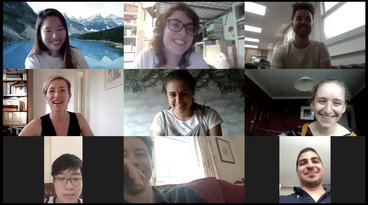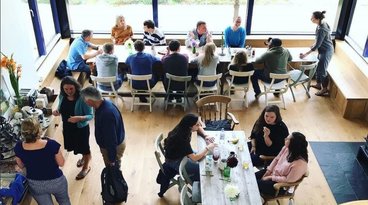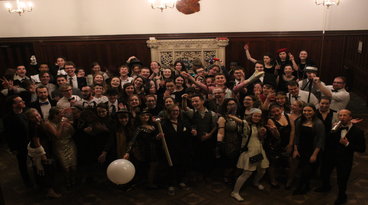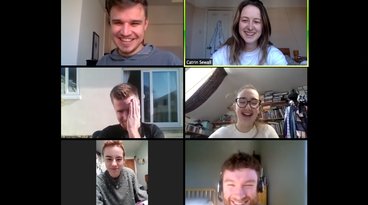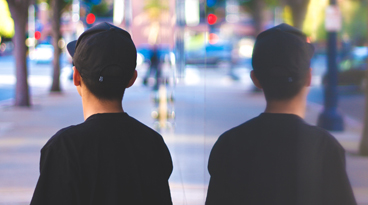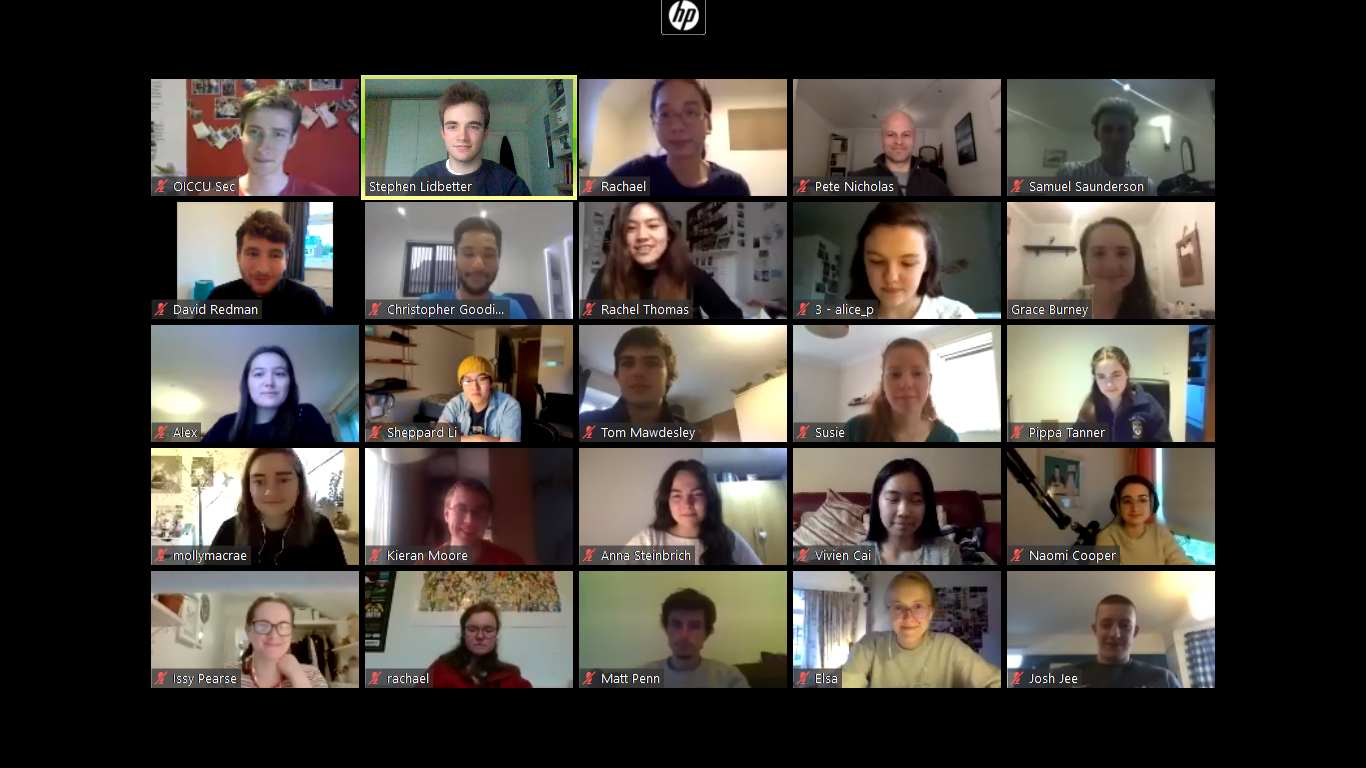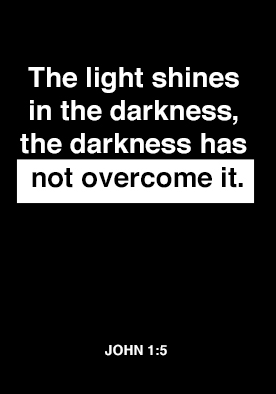
Life together: pursuing community in ethnic diversity
Meditating on the hope of the gospel recently left me longing for the new creation, when our sin-sick world, the petri dish for racism and every shade of ethnic conflict, will finally be wiped clean.
Be assured: perfect justice will be served by the perfect judge when the perfect comes.
I believe this hope should make us tremble and rejoice. Tremble – because, as much as we clamour for justice, without Jesus’ righteous robes clothing us hand to foot, we would each face perfect justice and be found guilty. Rejoice – for in the completion of God’s redemptive plan, our hearts will be made new and the deepest inner change required for us to treat each other with equal humanity will be fully accomplished.
What a weight to be lifted. What a glorious reality yet to come. What a secure promise we can lay hold of.
The two great equalisers
The Christian narrative hangs the inherent dignity and worth of every human life upon the Imago Dei.
'Then God said, “let us make man in our image, after our likeness”' (Genesis 1:26). 'And he made from one man every nation of mankind to live on all the face of the earth' (Acts 17:26).
The presence of a Creator brings indisputable intent, purpose and design to every detail of our world. Being created in God’s image and sharing a bloodline in Adam is the first great equaliser amongst every physical difference we can name.
The salvation purchased by Jesus is our second, the powerful unifier.
For Yahweh, ethnic diversity was a conscious choice. It was, and is, His delight; a reflection of the richness and complexity of our infinite God. He chose to invite every tribe, tongue, people and nation to receive Jesus as Saviour and Lord (Revelation 7:9).
He has prepared a sumptuous feast in the new creation, where people of every ethnicity will eat with Him, glorify Him and enjoy Him, equally and eternally.
Reconciled?
In Ephesians 2:11-22, Paul addresses the breach between Jews and Gentiles. He assures us that racial reconciliation was purchased at the cross of Christ. Jesus performed the internal surgery to make peace between hating hearts possible, joining them together through Him.
Yet the persistence of sin in ourselves and in our world makes the reality of oneness in Jesus difficult to walk in. Real cultural, ethnic and social divisions place towering obstacles in the way, which we see reflected in agonising historical and present-day events. Cultural currents drive us away from our spiritual unity. Christians are liable to be swept along too. Emnity remains, like poison, within us. The sparks fly, the gears stick, and the whole system seems to fail. Everything goes dark.
The eye of the storm
Still, the light shines in the darkness, and darkness has not overcome it (John 1:5).
In the midst of the mess, the truth endures: our primary identity is in our membership of the household of God, as created image bearers and blood-bought Christians.
This shared gospel reality brings us face-to-face with the fault-lines of the cultures and ethnicities from which we originate, each with their own beauty and brokenness – a multitude of histories and experiences, hopes and fears, pressures, biases and life chances. We live in a world of majorities and minorities, marginality and dominance, pride and prejudice, deep animosity and division.
Press into the cross, which calls and enables us to widen our hearts
Living out in the world, one Christian might be denied their humanity, another might experience more advantages. Another might fear for their life, safety or citizenship. Another might impulsively make judgements based upon superficial assumptions. Another might struggle to make their voice heard. Another might lose their life unjustly.
To navigate these choppy waters and the levels of pain and upset we will surely encounter, we must put off ignorance and indifference as we seek to bear one another’s burdens.
It will be hard work. Blisters, soreness and bruises will abound.
In our weakness, we must press into the power of cross, which calls and enables us to widen our hearts beyond our limited capacities as we seek to walk together in our identity as siblings and family members in Christ.
Moving forwards
What does this calling mean as we relate to one another in the Christian Union, on campus and in graduate life beyond? As family, together clothed in the uniform of Christ’s righteousness, Paul’s instruction seems timely:
Put on then, as God’s chosen ones, holy and beloved, compassionate hearts, kindness, humility, meekness and patience. (Colossians 3:12)
What might this look like for us, as Christian students? Let me humbly share some thoughts.
Our attitude matters. The Spirit enables each of us to acknowledge and stand with the suffering, whose pain may be remote from our own – this doesn’t just apply to issues of racism. Let’s be willing to listen, but also to talk openly. We must make way for grief, pain, anger, weariness, misunderstanding, anxiety, frustration and more. We must be patient. We mustn’t allow ourselves to be afraid of uncomfortable conversations about race, even ones which make us feel defensive or bitter. When we’re restricted by our perspective, let’s ask the Lord to enlarge our hearts.
Let’s be prayerful and offer to pray, even if we’re not sure we understand exactly what other people are experiencing.
Let’s be ruthlessly honest with ourselves, asking the Lord to us to examine our hearts and see where we might be blind.
Let’s remember and believe the Imago Dei.
As Christian students, let us ask questions, research, think. Let’s compare the way Christians and secular commentators have handled questions of race and ethnicity in various contexts and ages, countries and people groups. Let’s understand the history of present issues, whilst being willing to consider everything, including our terminology, grievances and solutions, against the solid rock of God’s word.
Let’s recognise that Christians disagree on how to talk about and respond to issues of race and ethnicity, even with Christ-honouring intentions. And they will not always get it right.
Let’s be intolerant and grieved by prejudice wherever we find it. But let’s remember that evil is here to stay, in all its forms, until Jesus returns to finish what he started. Both “perpetrators” and “victims” are sinners. Ethnic conflict is a symptom of the real issue: the cancer of congenital sin and the hostility it breeds. Only the gospel promises to deal with this root. Let us hate all evil, as God does, and not just racism.
And let us strive for forgiveness, knowing we have been forgiven much.
To God be the glory, in the church and in Christ Jesus (Ephesians 3:21).
Chenaiyi de Cordova is a postgraduate English Literature student at the University of York and member of University of York CU.
